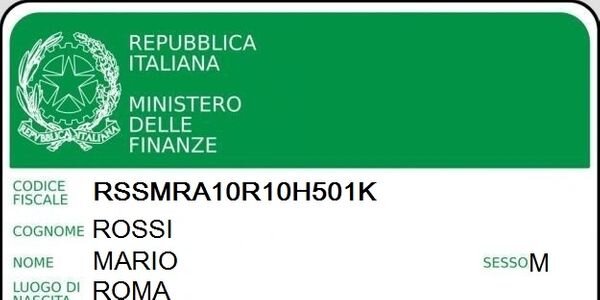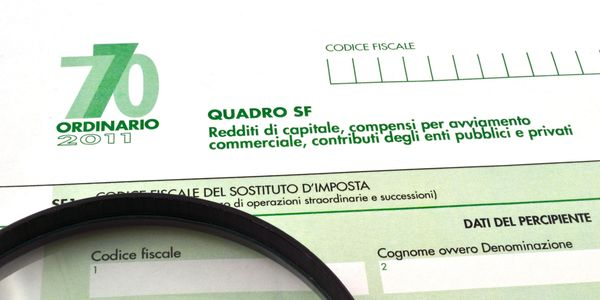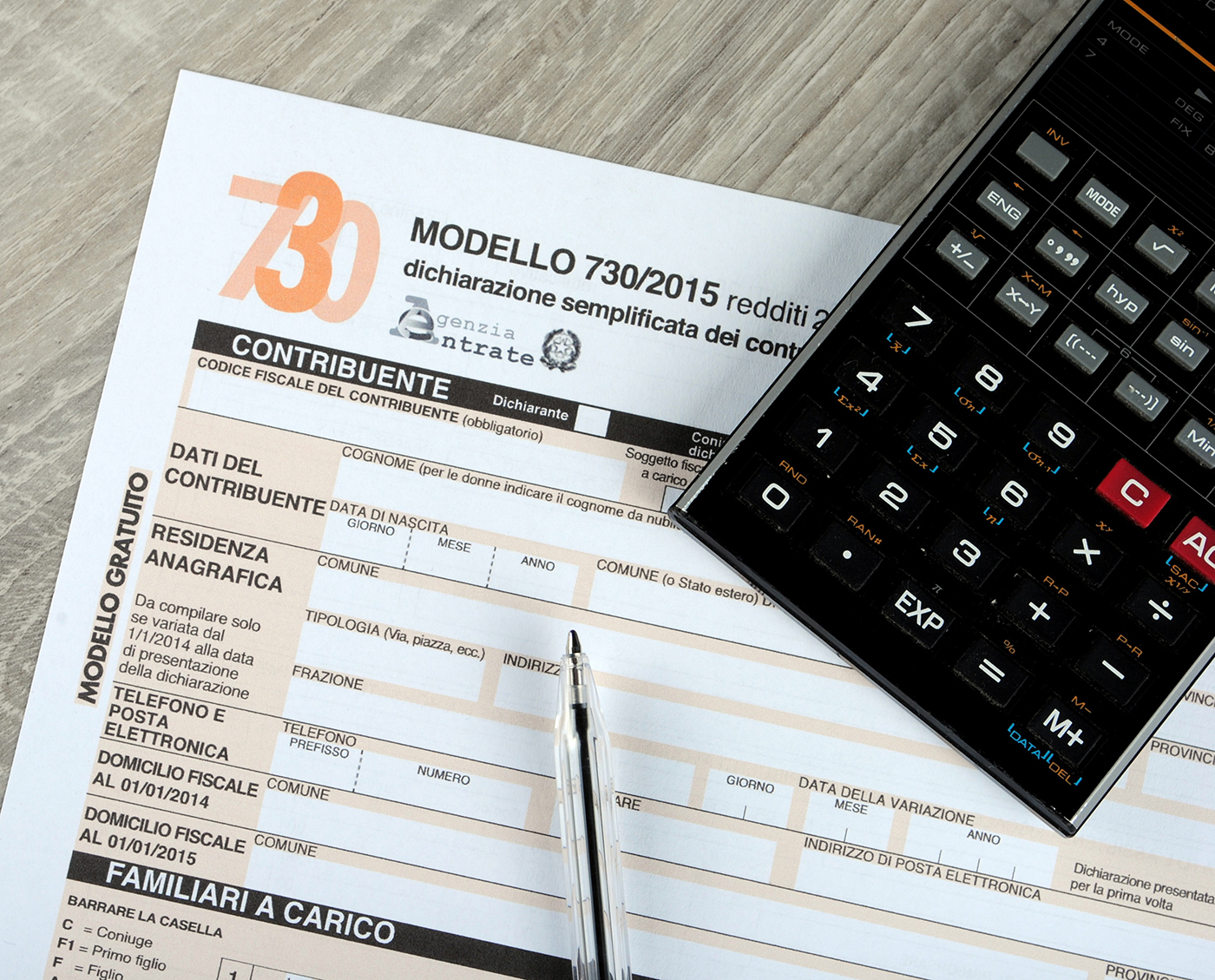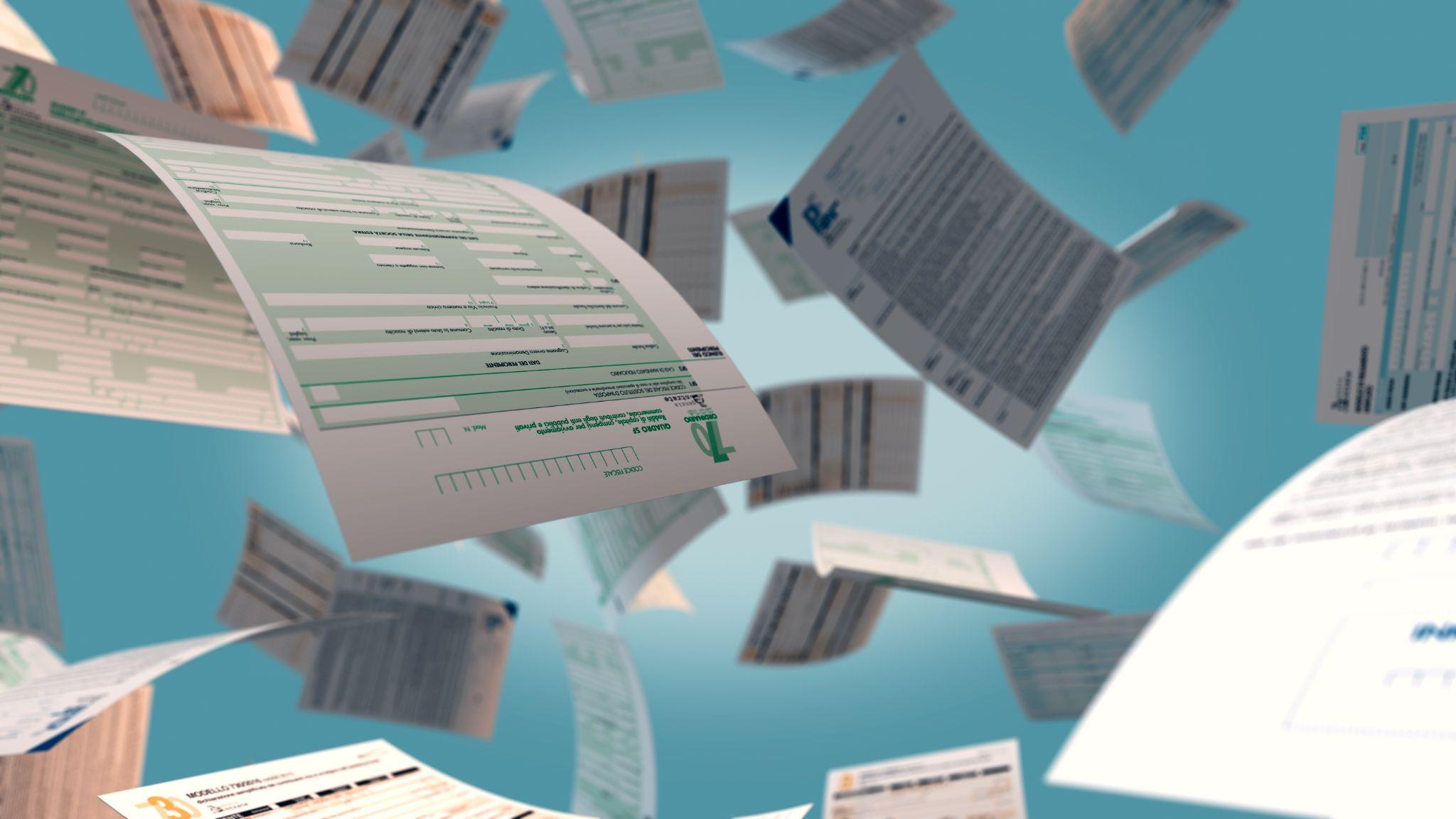
What Is the Codice Fiscale or Italian Tax ID?
The Codice Fiscale—also called an Italian tax ID, Italian tax code, Italian fiscal code, or Italian tax number—is a unique alphanumeric identifier provided to Italian citizens. Not unlike a Social Security number which serves as a fiscal code in the USA, this code is used for dealing with Italian government offices, as well as handling various private concerns.
All Italian citizens are likely to need a tax number in Italy, even if they reside in another country. Each Codice Fiscale in Italy is a unique fiscal code made up of 16 alphanumeric characters and is issued by the Agenzia delle Entrate, or Italian Revenue Agency.
Applying For an Italian Tax ID Number While Living Abroad
Most Italian tax ID numbers are obtained through local tax offices. Citizens born in Italy are issued a Codice Fiscale at birth, while a non-Italian who is seeking a tax code for citizenship or other purposes will need to request one.
Citizens of any European Union country are eligible to apply for an Italian tax identification number. If they live or work in Italy, they will apply directly to any office of the Italian Revenue Agency with a completed form and a valid identity card or passport.
To obtain a Codice Fiscale as a citizen of the United States, you will apply through your regional Italian Consulate. In order to apply you will need:
- A completed Italian Codice Fiscale form
- A valid passport, which will not expire during the time you plan to stay or work in Italy
- Non-citizens will need a valid visa that allows them to work in Italy
- Other documents requested to prove residency and eligibility


The Benefits of Getting Your Italian Tax ID
There are a number of reasons a person might need to have a tax code in Italy. The following are just a few examples of things you will need an Italian Tax ID to accomplish:
- Applying for Italian citizenship (dual citizenship)
- Opening a bank account in Italy
- Filing a legal dispute in an Italian court of law
- Signing an Italian employment contract
- Inheriting an Italian property
- Acquiring an Italian mobile phone number
- Having utilities connected at an Italian property (electricity, water and sewer, gas, etc.)
- Applying for a mortgage with an Italian financial institution
- Working in Italy, even as a freelancer
- Paying taxes, filing tax documents, and receiving any applicable refunds
- Gain access to benefits under the Italian Health Care System
- Buying, selling, or renting real estate for a period of more than 30 days
Simplifying the Process of Getting Your Italian Tax ID
If you are confused about how to fill out a Codice Fiscale form, what documents are required, or need help with the process, contact us today. The Italian American Citizenship Assistance Program has all the resources you need to obtain vital records, translations, and have your tax identification number and other documentation issued by the Italian government. You can schedule a free phone consultation to discuss your options or contact us today.

To obtain a Codice Fiscale as an American citizen, you’ll need to at least have a valid passport. If you plan to stay for more than 90 days or your passport will expire less than three months after you plan to return to the U.S., you will also need to have a visa to receive a tax ID.
If you currently live in the U.S. and need help getting a tax identification number in Italy, call us today at (305) 812-5512.
Start Your Citizenship Process
Free of Charge
Please provide the information below so we can assist you as quickly as possible.
This site is protected by reCAPTCHA and the Google Privacy Policy and Terms of Service apply.
By entering your phone number and submitting this form, you consent to receive marketing text messages (such as promotion codes and cart reminders) from ITAMCAP at the number provided, including messages sent by autodialer. Consent is not a condition of any purchase. Message and data rates may apply. Message frequency varies. You can unsubscribe at any time by replying STOP or clicking the unsubscribe link (where available) in one of our messages. View our Privacy Policy for more information.

